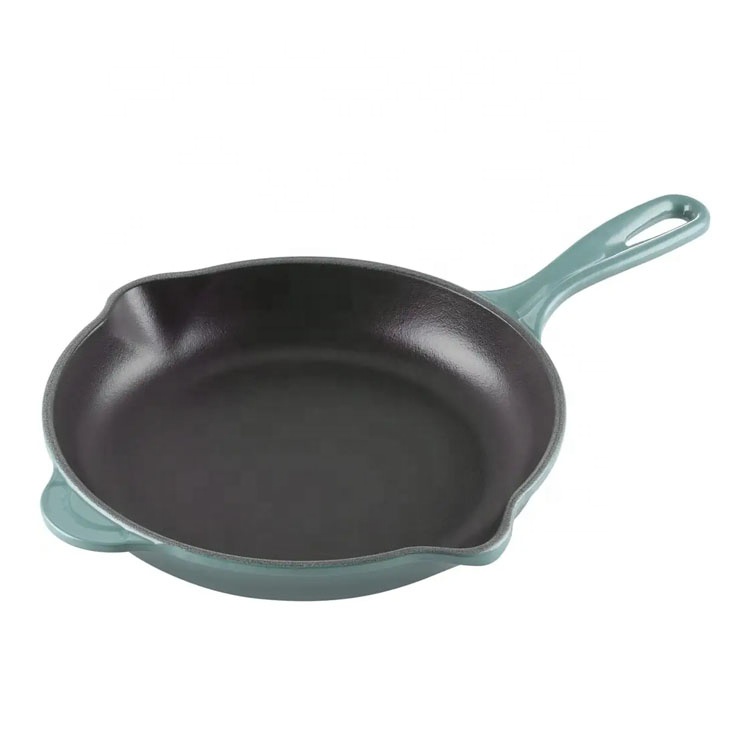
Comparing Aluminum Griddles and Cast Iron for Perfect Cooking Experience
Aluminum Griddle vs. Cast Iron A Comprehensive Comparison
When it comes to choosing the right griddle for your kitchen, the debate often centers around aluminum and cast iron options. Both materials have distinct advantages and disadvantages, and understanding these can help you make an informed decision based on your cooking style and preferences. In this article, we will explore the characteristics, benefits, and potential drawbacks of aluminum griddles compared to cast iron griddles.
Aluminum Griddles
Aluminum griddles are popular among home cooks and professional chefs alike, mainly due to their lightweight nature and excellent heat conductivity. Aluminum warms up quickly, allowing for fast cooking that is especially advantageous in busy kitchens. This quick responsiveness to heat means pancakes, eggs, and other breakfast favorites can be cooked evenly and efficiently.
One of the standout features of aluminum griddles is their non-stick capabilities. Most modern aluminum griddles are coated with non-stick surfaces, making them easy to clean and ideal for low-fat cooking. Scrambled eggs and delicate foods slide off effortlessly, requiring minimal oil or butter. This characteristic makes aluminum griddles an excellent choice for health-conscious individuals or those who are new to cooking.
Moreover, aluminum griddles are generally more affordable than their cast iron counterparts
. If you are on a budget or looking to start a griddle collection, aluminum options offer a cost-effective solution without compromising functionality.However, there are some downsides to consider. Although aluminum griddles are lightweight and portable, their lack of durability can be a concern. They are prone to warping at high temperatures, and the non-stick coatings can scratch or peel over time, especially with the use of metal utensils. Additionally, aluminum conducts heat rapidly, which can lead to hot spots if not monitored closely, potentially ruining your dish.
Cast Iron Griddles
aluminum griddle vs cast iron

On the other hand, cast iron griddles have a loyal following for a reason. Known for their durability and ability to retain heat, cast iron griddles provide an exceptional cooking experience. Once properly seasoned, cast iron griddles develop a natural non-stick surface that improves with each use. They are particularly beloved for tasks that require even heat distribution, such as searing meat or achieving a perfect crust on cornbread.
Cooking with cast iron can lend a unique flavor to dishes, especially when it comes to traditional recipes that have been passed down through generations. The ability to use cast iron on the stovetop and in the oven offers versatility for people who love to experiment with cooking methods.
While cast iron griddles are typically more expensive than aluminum, their longevity often justifies the higher investment. With proper care, a cast iron griddle can last a lifetime, and even be passed on to future generations. Furthermore, they can withstand higher temperatures, making them suitable for a variety of cooking styles—from grilling to baking.
However, there are some considerations to keep in mind when opting for cast iron. The weight of a cast iron griddle can be cumbersome, especially for frequent use. They require a bit more maintenance, including regular seasoning and careful cleaning to prevent rust. Unlike aluminum, cast iron takes longer to heat up, which can be a disadvantage when time is of the essence.
Conclusion
In the battle between aluminum griddles and cast iron griddles, your choice will ultimately depend on your cooking preferences, budget, and lifestyle. If you are looking for a lightweight, affordable, and easy-to-maintain option for quick meals, an aluminum griddle may be the way to go. Conversely, if you value durability, heat retention, and versatility, investing in a cast iron griddle could significantly elevate your cooking experience.
Regardless of your choice, both materials offer unique advantages that can complement your culinary adventures. Understanding these elements will help you make a decision that aligns with your cooking needs, ensuring delicious meals for years to come.
-
Premium Skillets Sets - Porcelain & Enamel Covered Cast Iron Cookware for Every KitchenNewsJun.24,2025
-
Premium Deep Cast Iron Pan – Versatile Enameled & Grill Options, Perfect for Frying and SaucesNewsJun.10,2025
-
Chipped Enamel Dutch Oven – Durable & Stylish Kitchen Essential for Even CookingNewsJun.10,2025
-
Best Cast Iron Cookware Set Sale Durable Pots & Woks DealsNewsJun.09,2025
-
Hanging Dutch Oven Oven Safe & Lid IncludedNewsJun.09,2025
-
16 Inch Dutch Oven - Heavy Duty Cast Iron for Large MealsNewsJun.09,2025


